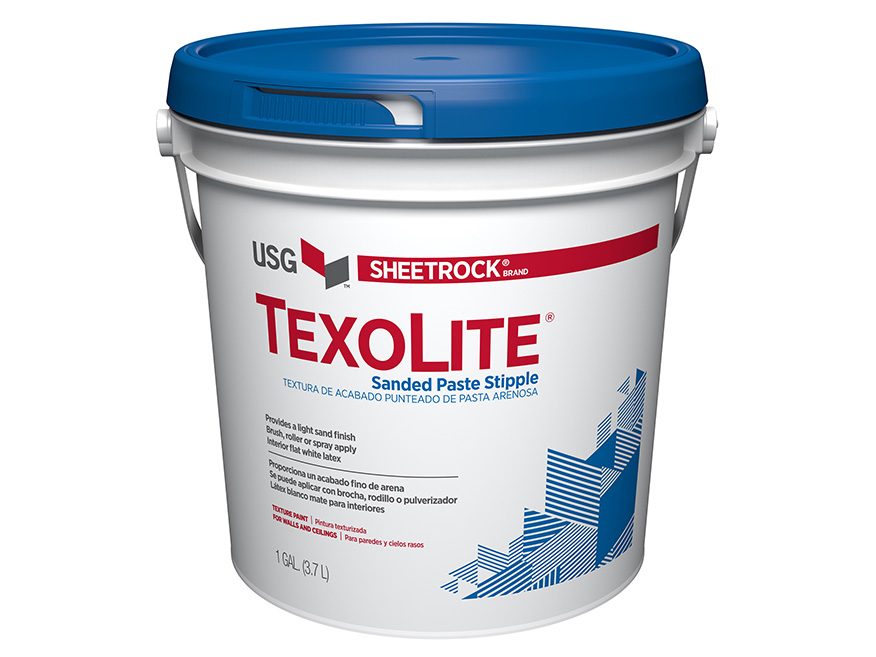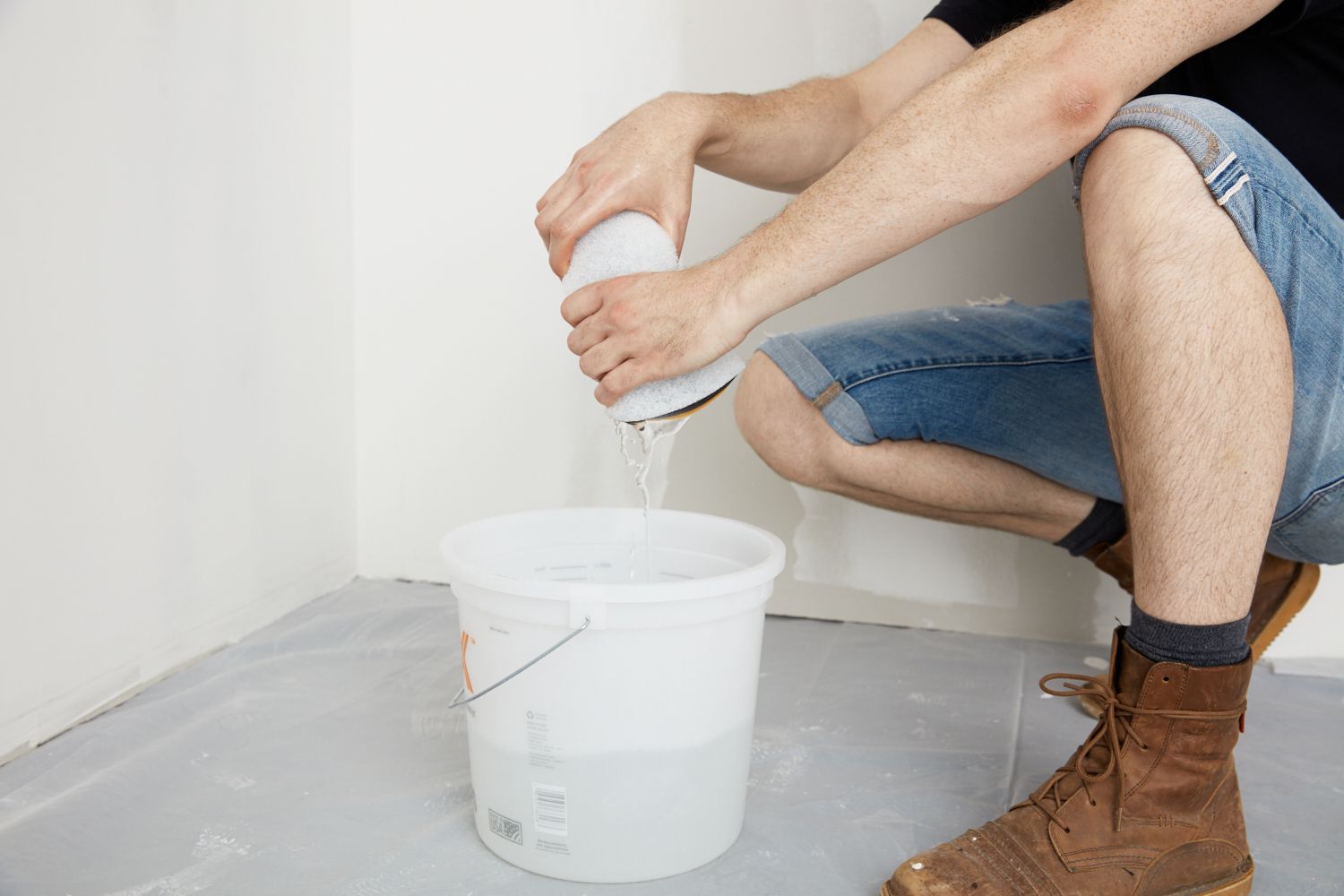
It's a great way for a room to get a fresh look and feel. It's crucial to prepare the drywall before you start to ensure that it adheres properly to the wall.
Depending on the type and condition of your drywall, you might need to paint it or prime it before you start tiling. This will make the drywall more manageable and prevent imperfections from forming. It helps smoothen out any rough edges so that the tile has a better grip on walls when it is being installed.
You can hang tiles on drywall by applying thin-set mortar, then tile over it. This can be tedious so you may want to hire a professional tile installation company.
You should first remove any damaged tiles from the wall and then clean it with tri-sodiumphosphate (TSP). This will enable the adhesive to bond with the drywall, and help ensure a strong connection between the tile & wall.

Paint drywall should be removed with a scraper. TSP can then be used to clean it before you start tiling. To smoothen the surface, use sandpaper.
After you have cleaned the drywall thoroughly, apply a coat joint compound or mud to it. This will seal the drywall, protect it from moisture, and dust. Once the compound is dry, you can begin to tile.
Next, make perpendicular marks on the floor and wall with chalk to divide your room into quadrants. This will make the tiling process easier and provide an estimate of how long each area will take.
Align the tiling areas with the middleline that you have drawn in Step 3. This will help the tiles to stay straight as you work, and it will also allow you trim the tiles or cut them later.
You'll also need a tiling trowel, which has notches on one of its long sides to dig grooves into the thin-set mortar so it flattens as you press it into the wall. Use a sweeping motion for mortar application to the wall.

Pre-laying stone wall tiles on drywall is necessary. This will help you to determine the best layout for your tile and make it easier to install them.
Lay the stone pieces on a smooth surface. Pay particular attention to their size. This will ensure that the colors are evenly distributed throughout the installation.
Mix thinset to help marble stick to drywall to tile marble tiles. Mix half a quart of water with half an ounce of powdered thinner. Add more water to make a mix that sticks to the wall, but is not too thick to cause them to fall off.
FAQ
How many times should I change my furnace filter?
How often your family expects to use the heating system in their home will determine the answer. It is worth changing your filter more often if you intend to spend a lot of time outside during winter months. However, if you rarely go out of the house, you may be able to wait longer between changes.
A furnace filter typically lasts for three months. Your furnace filter should be replaced every three months.
You can also consult the manufacturer's recommendations regarding when to change your filters. Some manufacturers recommend replacing your filter after each heating season, while others suggest waiting until there is visible dirt buildup.
Do I need permits to renovate my house?
Yes. You will need permits to start any home renovation project. In most cases you will need to have a building permit along with a plumber's permit. A zoning permit is also required depending on the type and extent of work you are performing.
Which order should you do your home renovations?
The first thing you need to do when renovating your home is to decide where you want to put everything. If you are looking to sell your property soon, you need to plan how you will present your home to buyers. The design of your kitchen and living room should be considered. Once you have determined which rooms you want, you need to begin looking for contractors that specialize in them. Once you have hired a contractor you can begin work on your renovation project.
Is it less expensive to renovate an existing house or build a new one?
There are two options if your goal is to build a new home. One option is to buy a pre-built home. This type of home is already built and ready to move in to. You also have the option to build your home from scratch. If you choose this option, you will need to hire someone to help you design your dream home.
Cost of building a home is determined by how much time you spend planning and designing it. It will take more effort to build a custom-built home because you'll be required to do most construction work. But you can choose the materials you want and where you want them to be placed. It might be easier to find a contractor that specializes in custom-built homes.
A new home is usually more expensive than a remodeled home. Because you will need to pay more money for the land and any improvements made to the property, this is why a new home is usually more expensive. You will also need to pay inspections and permits. On average, the price difference between a new and remodeled home is $10,000-$20,000.
Can I rent a dumpster?
To help you get rid of the debris from your home remodeling project, you can hire a dumpster. Renting a dumpster to dispose of your trash is a great option.
How long does it usually take to renovate your home?
It depends on the size of the project and the amount of time that you spend each day. On average, homeowners spend between three and six hours per week working on their project.
Is there anything I can doto save money on my home renovation?
By doing all the work yourself, you can save money. Consider reducing the number or people that you employ during renovations. You might also look for ways to decrease the cost and use of materials in the renovation.
Statistics
- A final payment of, say, 5% to 10% will be due when the space is livable and usable (your contract probably will say "substantial completion"). (kiplinger.com)
- ‘The potential added value of a loft conversion, which could create an extra bedroom and ensuite, could be as much as 20 per cent and 15 per cent for a garage conversion.' (realhomes.com)
- They'll usually lend up to 90% of your home's "as-completed" value, but no more than $424,100 in most locales or $636,150 in high-cost areas. (kiplinger.com)
- Most lenders will lend you up to 75% or 80% of the appraised value of your home, but some will go higher. (kiplinger.com)
- It is advisable, however, to have a contingency of 10–20 per cent to allow for the unexpected expenses that can arise when renovating older homes. (realhomes.com)
External Links
How To
Five Things You Must Know Before Starting Your Home Renovation
-
Do you really want to do this? - If you're going to start a major home improvement project like renovating your kitchen, bathroom or even building a new house, there's no doubt that you'll need some help along the way. If you aren't confident enough to take on such a daunting task, you may want to reconsider. It could take up a lot of your time and money, and you won't get any real benefits from it. Instead, hire someone who has experience in this field to assist you. These people will save you time, stress, and provide a beautiful place to live in.
-
How much should you spend? This is a common question, but it can make renovations more expensive. Because you will likely end up paying most of the costs back at the conclusion of the day. So if you've got a budget in mind, stick to it! Without it, you may end up paying a lot but not getting anything back.
-
Do I prefer to hire professionals or DIY? - There's no right and wrong answer. We recommend hiring professional tradespeople, however, if you're able to afford them. You can trust them to provide you with advice and guidance on how to proceed with your job. They will install the plumbing correctly, take care of safety, and offer a guarantee after they have finished their work. DIY projects often involve a lot trial and error. You'll learn a lot the hard way. You will also need to deal with the many issues that arise during the process.
-
Can I afford it? - Do not underestimate how expensive a renovation project will cost. Even if your budget is tight, you may need to borrow money to cover costs. If you are planning on selling your existing property soon after finishing the renovations, it is important to include the cost of selling it in your calculations.
-
Where should I begin? - When it comes to choosing where to start, there's no right or wrong place. But we suggest you choose something that you enjoy working on. You'll feel more motivated to work and less likely to procrastinate. You should also avoid areas that require extensive maintenance. You shouldn't redecorate your living space if you are constantly cleaning up dirt and dust.